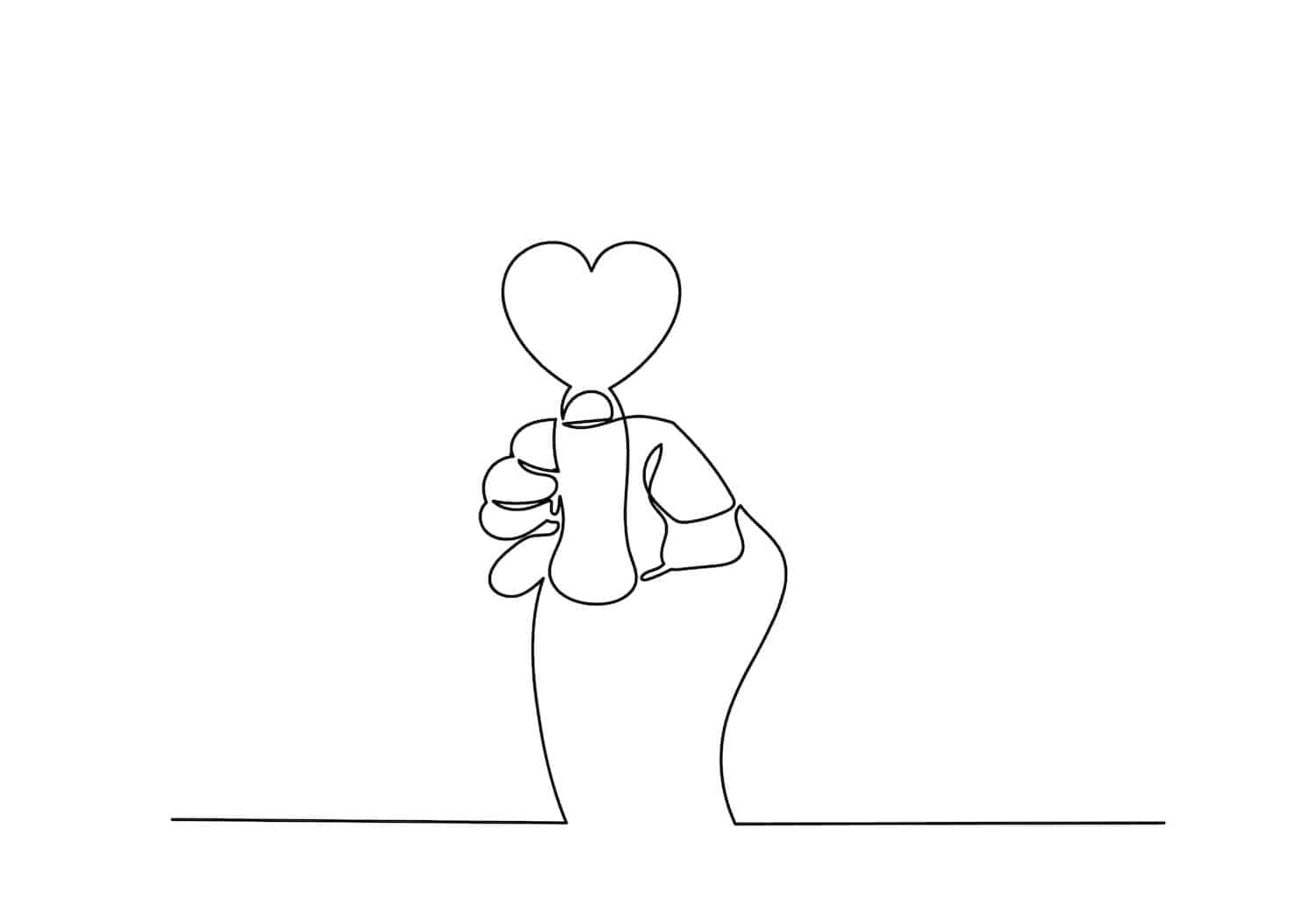As many of us prepare, adapt, and cope with the changing global dynamics of the COVID-19 pandemic we feel exhausted and, at times, overwhelmed with all that needs to be done. Most of us are adapting to this new landscape of public and private life one day at a time, one hurdle at a time. However, there is a subset of the population, which is especially hard hit by the pandemic, people living with a trauma history.
Emotional trauma can leave a lingering impact on a person’s life for years or decades after the traumatic event(s). By the very definition of Post-Traumatic Stress Disorder (PTSD), a person is reliving and reexperiencing parts, or all, of the original trauma(s). This “reliving” of the trauma(s) represents taxation of a person’s mental reserves, resiliency, and coping skills. At times, this taxation of mental reserves can lead a person to feel overwhelmed, exhausted, and broken down. Think of a car analogy, when you’re driving down the highway you don’t use “every horsepower and speed” that your car can do (or at least you’re not supposed too!). You leave some reserve horsepower and speed to use in the event you need to respond to a dangerous road condition, such as swerving or speeding up to avoid a rear-end impact. In PTSD, a person is constantly “in” their trauma. In order words, their brain and body are constantly in that dangerous situation. Thus, their brain and body are constantly reeving themselves to the maximum to respond to a perceived danger.
If your car is already at maximum horsepower, you are tapped out in your ability to respond to a dangerous road condition. Thus, if any additional danger appears on the road you would quickly run out of any ability to adapt or successfully respond to it. For a person living with trauma, this is often the story, every day their brain is on high alert and at maximum. Now comes COVID-19, another “danger in the road.” The person living with a trauma history may not have the extra mental health capacity or “horsepower” to swerve and adapt to this new danger.
Furthermore, because the reliving of the trauma is often an internal process, a person may feel alone in their experience. Add in the social distancing, a good practice to slow down the spread of the virus, and a person feel even more “alone” in their experience. They are more isolated from their social support networks. This greater sense of being alone and the additional stress is when the maladaptive and potentially harmful behaviors come in. The drugs, alcohol, self-harm, etc. are a means for the person to try to lower the psychological and physiological stress reaction in themselves.
Its times like these, addressing mental health issues become paramount. The key is to not only helping a person to develop new and greater coping skills so they can add additional capacity to deal with stressors. This is akin to adding more “speed and horsepower” to the car to respond to emergencies. Many treatment centers can help by “adding coping skills” but at Lifeskills South Florida our trained and certified clinical trauma professionals use our Trauma clinical pathway to work with the client to process through the underlying trauma reaction. At Lifeskills, it is not just about “adding more horsepower” to a person’s resiliency but it also reduces their day-to-day living in the trauma. Much like taking the foot off the accelerator of a car, this frees up more horsepower to use in another situation.
At Lifeskills, we work to give a person more resiliency and distress tolerance to deal with an increased stress level, such as COVID-19 but also free up some of the person’s innate abilities to deal and manage stress. Innate abilities are currently being used up by their trauma history. This is done safely and at an appropriate pace by working through and processing the person’s history. We work with the client to give them new skills and at the same time free them from the past haunting the present. That is the difference between the treatment at Lifeskills compared to other 30-day treatment centers.




